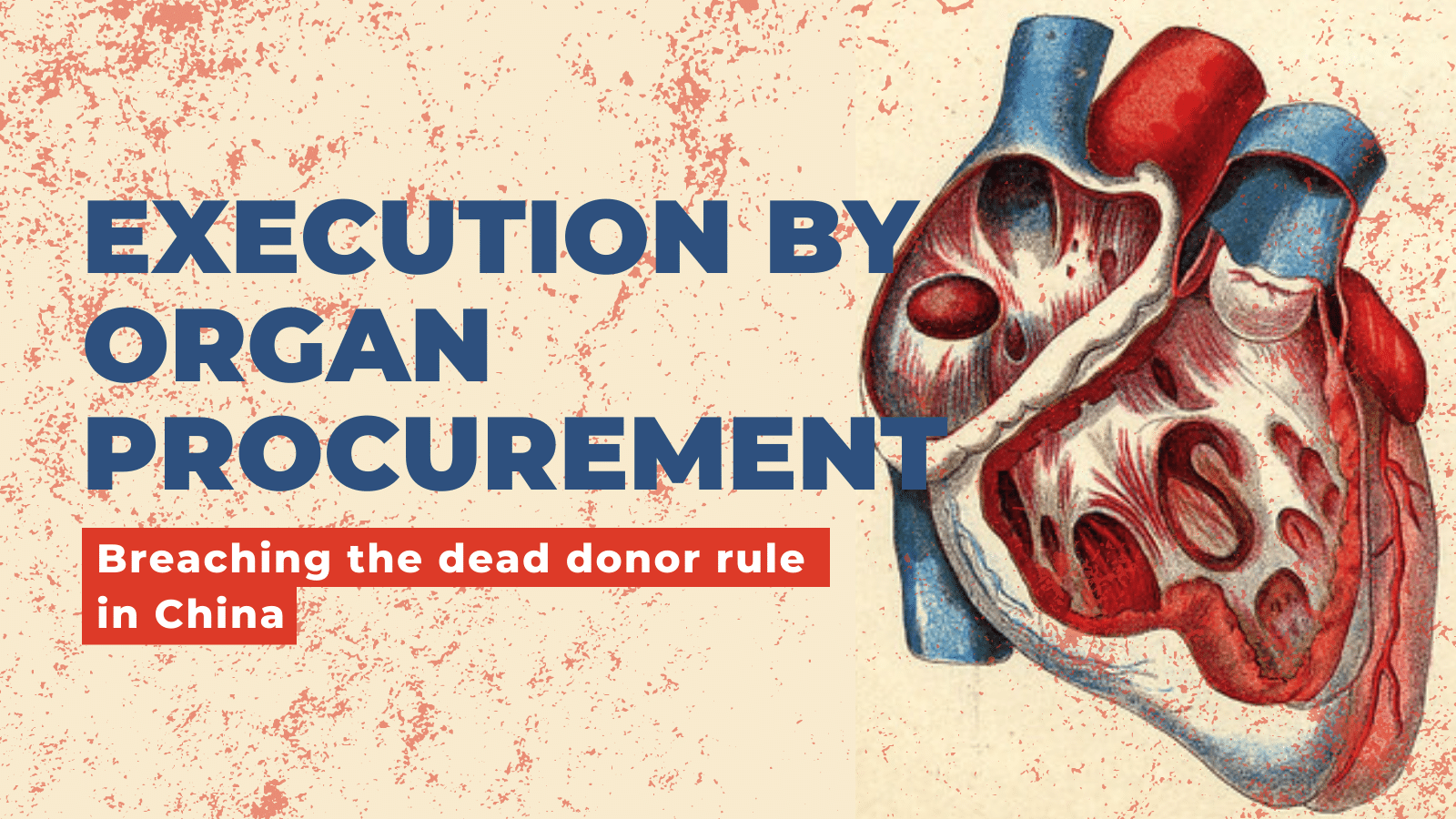Executive Summary
The dead donor rule is fundamental to transplant ethics. The rule states that organ procurement must not commence until the donor is both dead and formally pronounced so, and by the same token, that procurement of organs must not cause the death of the donor. In a separate area of medical practice, there has been intense controversy around the participation of physicians in the execution of capital prisoners. These two apparently disparate topics converge in a unique case: the intimate involvement of transplant surgeons in China in the execution of prisoners via the procurement of organs. The authors, Matthew P. Robertson, a research fellow at the Victims of Communism Memorial Foundation (VOC) and PhD candidate in political science at the Australian National University, and Dr. Jacob Lavee, director of the Heart Transplantation Unit at the Sheba Medical Centre in Israel, use computational text analysis to conduct a forensic review of 2,838 papers drawn from a dataset of 124,770 Chinese-language transplant publications. Their algorithm searched for evidence of problematic declarations of brain death during organ procurement. They find evidence in 71 of these reports, spread nationwide, that brain death could not have properly been declared. In these cases, the removal of the heart during organ procurement must have been the proximate cause of the donor’s death. Because these organ donors could only have been prisoners, their findings strongly suggest that physicians in the People’s Republic of China have participated in executions by organ removal.
Execution By Organ Procurement Report Download
Form to download the PDF version of Matthew P. Robertson and Jacob Lavee's Report, “Execution by organ procurement: Breaching the dead donor rule in China”, published in the American Journal of Transplantation.


